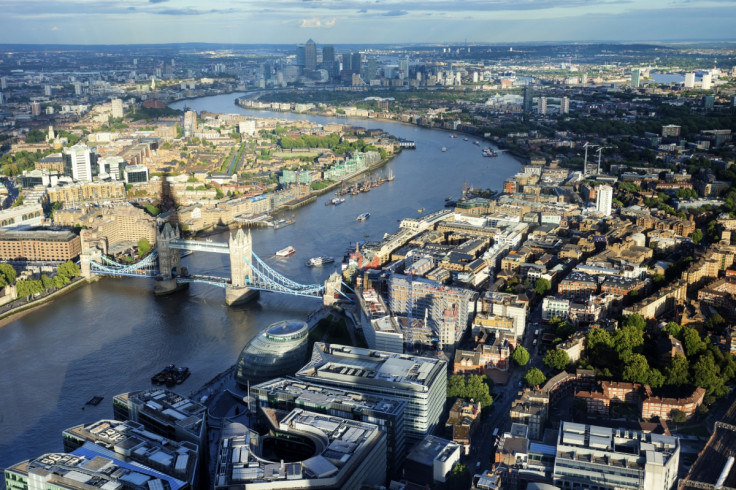The next London mayor must urgently address three issues: housing, transport costs and wages

The economic success that London is enjoying today brings with it challenges and threats, but none of this is new to our city. During the fifty years from 1861, London's population grew from over three million to more than seven million by the 1910s. During that period, the flow of migrants from Europe rose significantly, while migration from the wider world also grew in importance.
Part of the city's response was the growth of a public transport system, but almost from the beginning the cost of fares was an issue. Early morning workers' tickets enabled travel at half price on the railways, and brought public transport within the reach of many more working people for the first time and also enabled them to live further out.
Today the excessively high level of transport costs in London is again one of the factors putting the city's continuing success at risk. Many Londoners on low wages face a vicious spiral – dramatic increases in housing costs are forcing them look further and further out for homes they can afford but then finding that the cost of travel to work is unsustainable. Research published recently by London Councils revealed that 1 in 5 workers commuting from Outer London have had to cut other spending so they can afford to get to work.
All three linked issues: housing costs, transport costs and low wages, must be addressed with urgency if the success we are seeing today is to be sustained. In the 1980s I worked for the then Leader of the Greater London Council, Ken Livingstone on Transport matters and that was the dominant issue then, but in the intervening years housing has become Londoners' biggest worry. The next Mayor of London must find ways to fix housing, transport and low wages too.
London today is one of the most expensive cities in the world for travel with fares three times higher than in New York and four times more than Paris. Livingstone implemented a far-sighted policy of reducing fares in the 1980s but this was later struck down by the courts. As one who supported Sadiq Khan's campaign to be Labour's nominee for this year's mayoral election, it was pleasing to hear him proposing a freeze on fares if elected and arguing that this can be delivered by making careful choices about other transport expenditure.
Of course even if travel can be made more affordable, the poor industrial relations during the current mayor's term has meant that all too often Londoners' journeys have been disrupted. As Khan has pointed out there have been more than twice as many strikes under Boris Johnson than in the previous eight years. His pledge to intervene by negotiating directly with the Transport Unions could offer a better way to deal with the issues that have caused so much disruption.
Khan also makes an explicit link between transport and housing and is calling for Transport for London to create a "win – win" situation by using some of its extensive property holding to build affordable homes for Londoners which will also produce additional revenue which can support a fares freeze.
In recent years many employers in London have begun to pay the "London Living Wage" not least London Boroughs like my own, Lewisham. The question still arises though of whether even the London Living Wage adequately reflects the escalating cost of housing in London. As someone who is dealing with housing issues every day I am very aware that an increasing number of working Londoners are finding themselves being made homeless as the number of homes they can afford to rent shrinks.
Sadiq Khan has rightly raised the question and called for the annual calculation of what constitutes a "Living Wage" to give greater weight to housing costs and take the figure above £10 an hour for the first time. He had previously proposed a new concept of "Living Rents" to address the housing costs issue directly. This has the potential to finally allow some rational thinking about rents in different parts of London by creating a link to average wages. This would be a huge improvement on the current concept of "Affordable homes" which includes homes for rent at 80% of the market rent.
The threat to London's success caused by high travel fares and rents is not future speculation. It is happening right now, and both public and private sector employers are seeing the effects in the struggles they are having with the recruitment and retention of staff. London will expect the next mayor to give their undivided attention to resolving this rather than using London as a platform for national ambitions.
Sir Steve Bullock is the elected Mayor of Lewisham and London Councils Executive Member for Housing
© Copyright IBTimes 2025. All rights reserved.





















